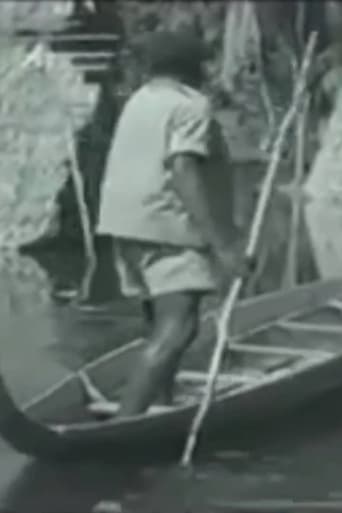Ai Sranang
Ai Sranang, is a short montage film with a decidedly focused examination of Surinamese history and politics, since its independence from the Netherlands in 1975. The fragmented nature of montage film here, is a deliberate allusion to the complexities of diaspora as it stands in relation to identity. The tropes of in-between-ness and travel, are indeed an extension of this metaphor, yet they recall also ideas of leadership and government, specifically with the image of the “swinger” bus completely running amuck—if we think more globally of the events that have defined the Neoliberal era, the metaphor of the reckless driver extends far beyond the Surinamese context. Ai Sranang, is a short montage film with a decidedly focused examination of Surinamese history and politics, since its independence from the Netherlands in 1975. The fragmented nature of montage film here, is a deliberate allusion to the complexities of diaspora as it stands in relation to identity. The tropes of in-between-ness and travel, are indeed an extension of this metaphor, yet they recall also ideas of leadership and government, specifically with the image of the “swinger” bus completely running amuck—if we think more globally of the events that have defined the Neoliberal era, the metaphor of the reckless driver extends far beyond the Surinamese context. Ai Sranang, is a short montage film with a decidedly focused examination of Surinamese history and politics, since its independence from the Netherlands in 1975. The fragmented nature of montage film here, is a deliberate allusion to the complexities of diaspora as it stands in relation to identity. The tropes of in-between-ness and travel, are indeed an extension of this metaphor, yet they recall also ideas of leadership and government, specifically with the image of the “swinger” bus completely running amuck—if we think more globally of the events that have defined the Neoliberal era, the metaphor of the reckless driver extends far beyond the Surinamese context. Ai Sranang, is a short montage film with a decidedly focused examination of Surinamese history and politics, since its independence from the Netherlands in 1975. The fragmented nature of montage film here, is a deliberate allusion to the complexities of diaspora as it stands in relation to identity. The tropes of in-between-ness and travel, are indeed an extension of this metaphor, yet they recall also ideas of leadership and government, specifically with the image of the “swinger” bus completely running amuck—if we think more globally of the events that have defined the Neoliberal era, the metaphor of the reckless driver extends far beyond the Surinamese context.



 AD
AD